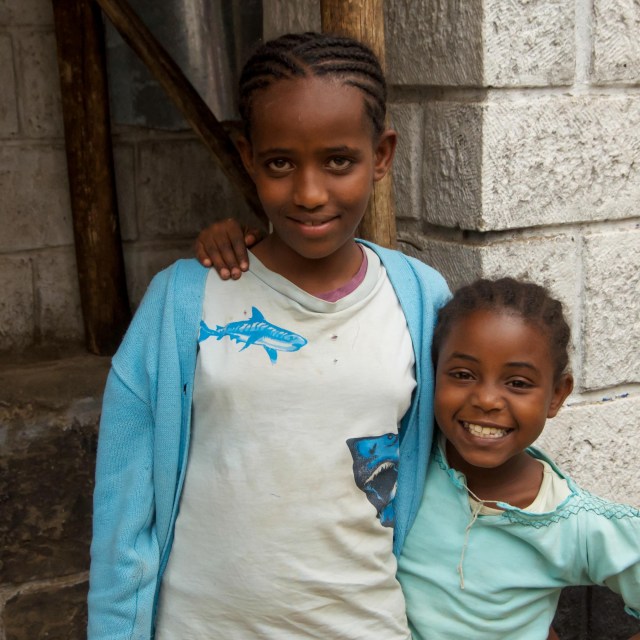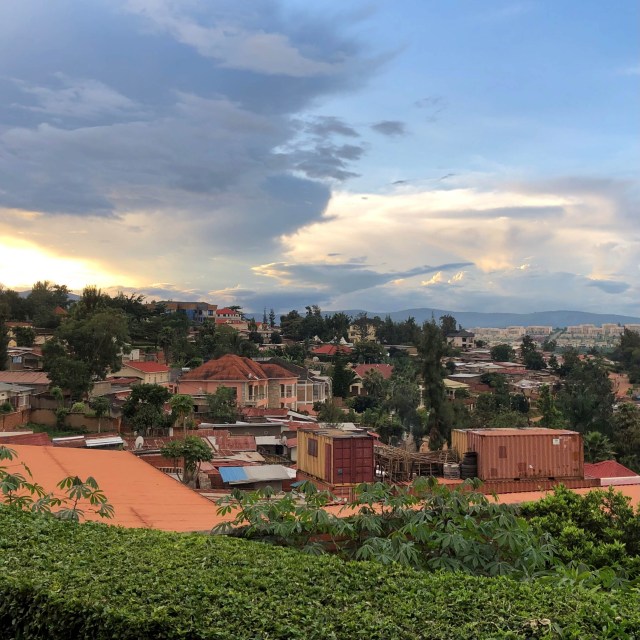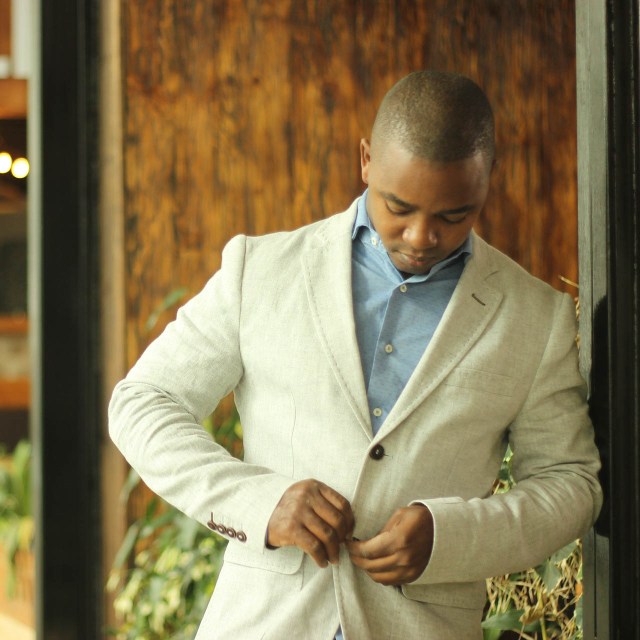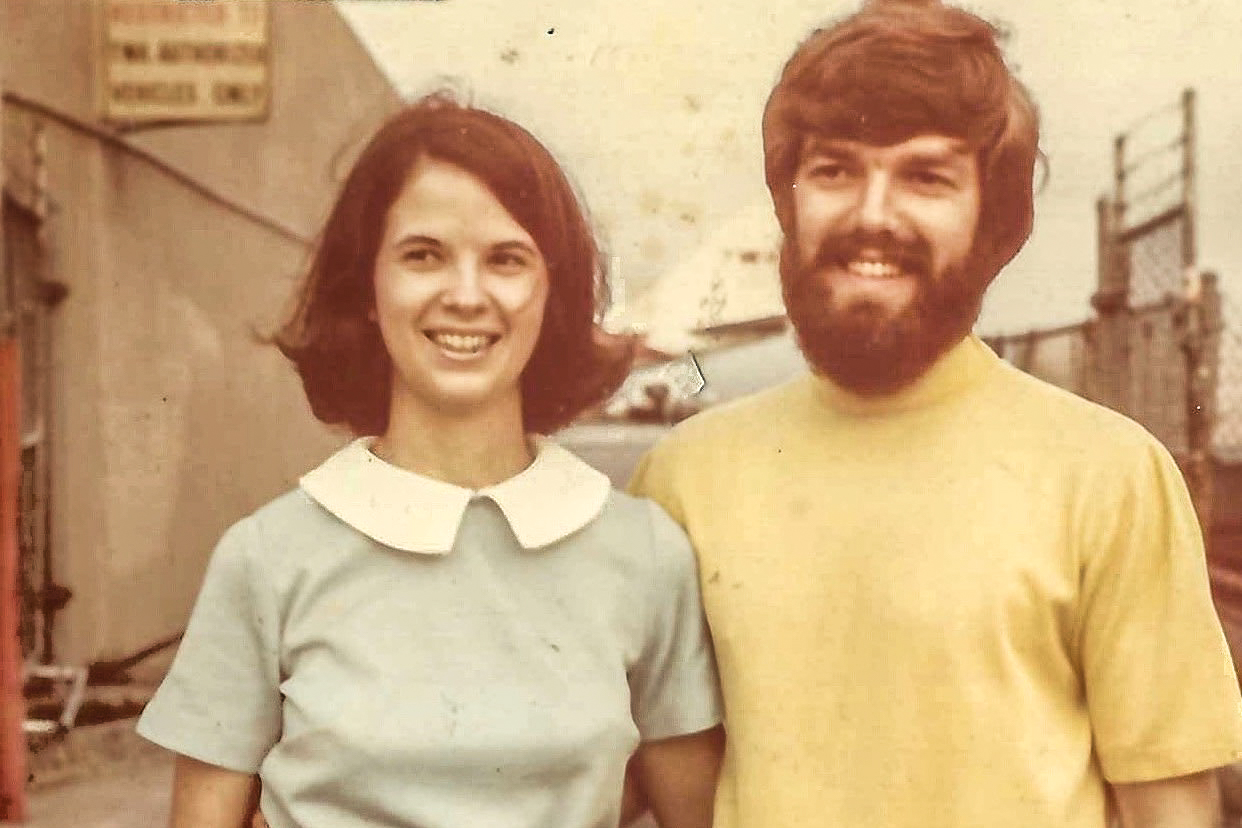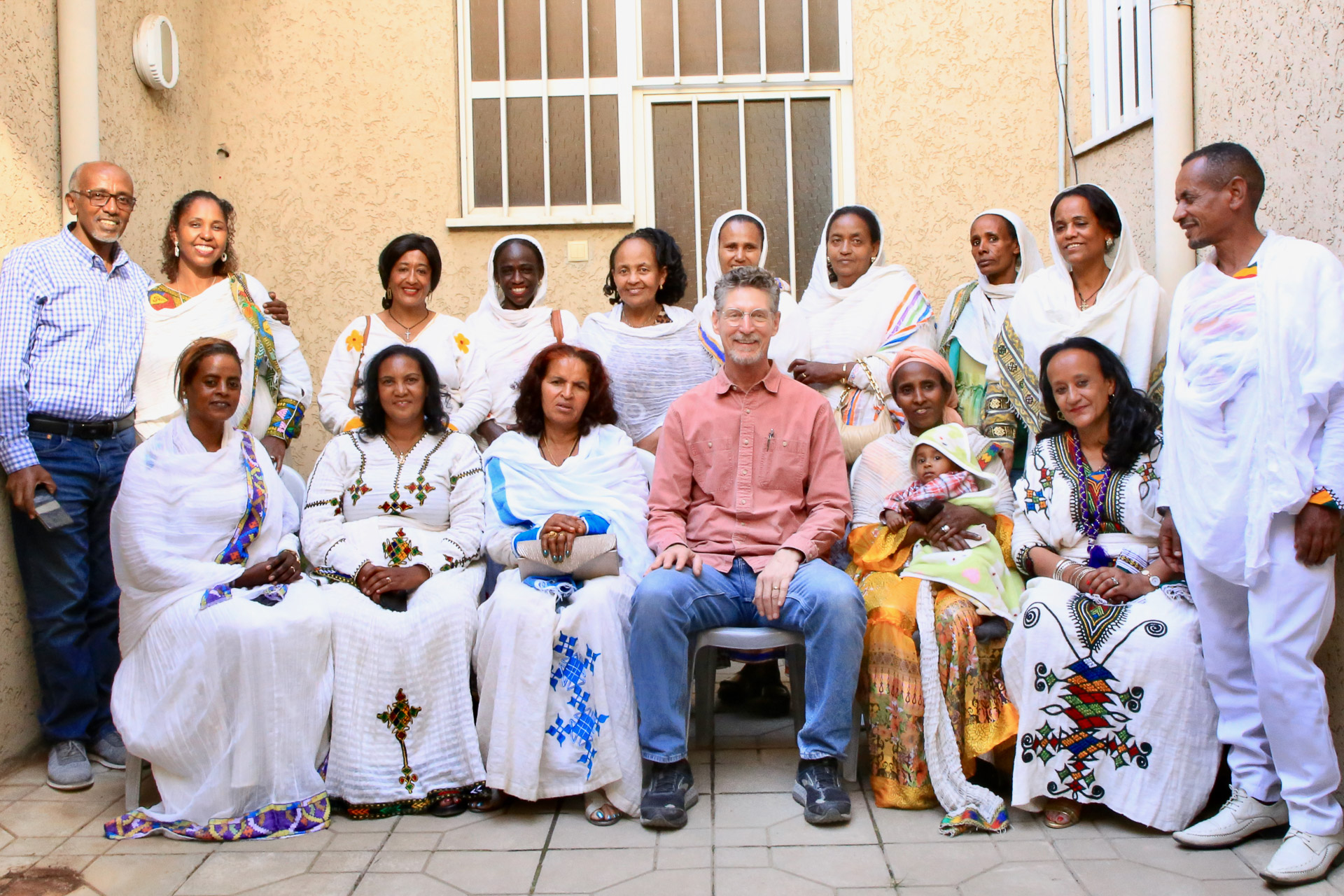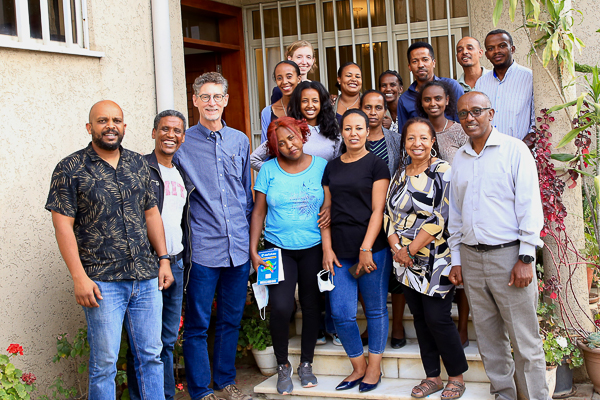A Common Vision
The Birth and Growth of a Church Plant in Ethiopia

In the early days of the Suki church plant, an Ethiopian woman named Tsebele* made the decision to follow Jesus. It was a choice that meant joining a new community and leaving her old identity. It was also a choice that would lead to years of mistreatment from her husband, and tears, sorrow, and suffering. But ultimately, it was a choice that led to grace and redemption for herself and her family. This is the story of the church that walked alongside her through adversity and became her new community.
The Suki church plant was part of a holistic vision that was started over 15 years ago by MTW Ethiopia team leader Andy Warren and his wife, Bev. Back in the early 2000s, the Warrens launched the Ethiopia ACT program in Addis Ababa, Ethiopia. Originally set up as a ministry to care for people afflicted by HIV/AIDS, over the years ACT has evolved and branched out to tackle broader community health issues, including tuberculosis and malnutrition.
“As people started surviving and living longer, the project went from just medical treatment to asking: ‘How do you care for the whole family?’” said MTW missionary Jason Polk, who now works alongside the Warrens. “Educational tutoring, social work, and counseling were added, and the team began helping people start income-generating activities so they could support themselves. Woven through that, for all those years, was a spiritual emphasis of sharing the gospel, praying with people, discipleship, community Bible studies, and working with local churches.”
This spiritual integration was part of ACT from the very beginning but church planting itself, despite being part of the vision, never quite got off the ground. That’s where Jason and Liz Polk came in.
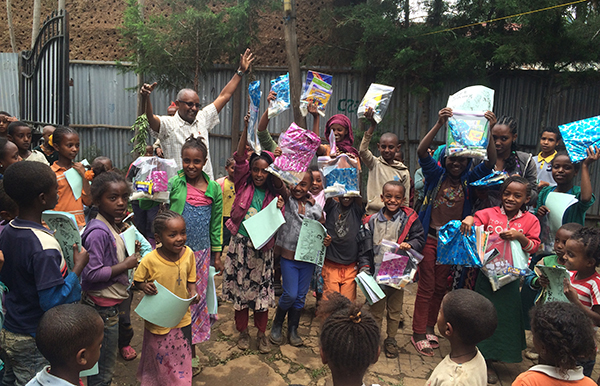
A new community, a clear focus
Jason and Liz joined the MTW team in Addis in 2012, just before ACT moved into a new community called Suki, a low-income, informal settlement on the southwest edge of the city. The plan for Suki was to replicate the health project with a church-planting focus right from the beginning. Pursuing that vision, Jason and an Ethiopian man, Gizaw Melese, started visiting people in their new neighborhood, recruiting families for the health project and building trust.
“Eventually we started hosting a weekly community Bible study and inviting everyone—especially this core of relationships that we’d been able to develop through home visitations,” said Jason.
Jason and Gizaw partnered with several other leaders, an American missionary from another organization and two more Ethiopian men named Jambo and Fikadu. Together they developed a vision for starting a model church plant. The church would be contextualized—music accompanied by Orthodox drum, and, with a primarily illiterate congregation, an oral liturgy developed from scratch in one of the local languages. But they agreed to avoid some of the unhealthy local patterns that they saw in other church plants, many of which started well but were quickly drawn into the lure of prosperity gospel teachings. Finally, in the fall of 2013, the Suki church plant officially began.
“We added Sunday morning worship and started having people coming and professing faith as new believers,” said Jason. “A core group gathered, representing several language groups, people coming from Protestant, Catholic, Orthodox, and animist backgrounds. It’s been a very gradual, slow growth process since then.”
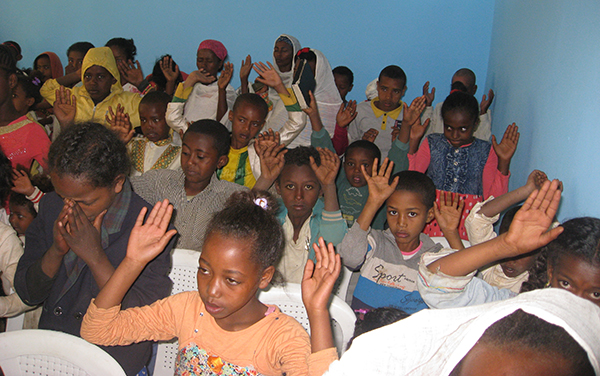
Peace and joy amid adversity
“Many of the people here are facing serious health and poverty issues. Some of them are struggling with addictions, with broken families, they’re in and out of unhealthy relationships,” said Jason. “But the flipside of that is that we get the opportunity to see new believers develop amazing growth in Jesus in the face of incredible adversity—experiencing joy and peace in Him that sustains them through those trials and challenges in really beautiful ways.”
Tsebele’s journey of faith was one such story.
Soon after Tsebele started following Christ and coming regularly to the Suki church plant’s Bible studies, her husband started mistreating her—insulting her and eventually forcing her out of their bed. As a punishment for her faith, Tsebele had to sleep on the floor of her home for two years. Every week she would come to church and cry and ask for prayer, and the people would pray over her, share Scripture, and try to encourage her.
All the while, in the midst of turmoil at home, Tsebele continued to grow spiritually, and her faithful love and patient witness chipped away at her family’s hearts. Nearly three years later, her husband and daughter made professions of faith in the church and came to Christ.
“Tsebele was an incredibly beautiful testimony of Jesus in her home,” said Jason. “Even as a new believer, she demonstrated a great deal of strength and faith in ways that bore spiritual fruit. … Seeing the secondary ripples of the gospel in her life as the result of her testimony has been really beautiful.”
Holistic vision for impacting communities
So how does the team’s community health ministry tie in with the church plant?
In addition to leading the church plant, Jason, Gizaw, and Jambo are also staff of Ethiopia ACT, responsible for the spiritual care of the beneficiaries of the community health project. They provide spiritual counseling at short-term medical clinics, do home visitations and assessments with beneficiary families, and help with support distributions. Both the community health projects and short-term medical clinics put on by the team demonstrate the gospel in action and have won the trust of the community. This trust has led to growth of the Suki church plant and community Bible studies.

“Often, even when you have a holistic vision, it’s easy to do one part of that vision somewhat poorly,” said Jason. “Our team would agree that there’s a primacy to the church-planting call, but at the same time we don’t devalue the physical and emotional health aspect of what we do—that has intrinsic value as part of gospel ministry. We really strive to do it all together well.”
He describes it like a Venn diagram. The church plant circle overlaps with the community health project circle at different points.
“Church planting is the foundation of everything we do,” Jason added. “Our entire Ethiopia ACT team, even those that are involved solely on the community health side, are fully committed to the vision of church planting.”
Case in point: in the next few years, the Ethiopia MTW team hopes to replicate the Suki community church plant model in a new community. They are looking for a place where a community health intervention would make a significant impact, but where there’s also a need for a church plant. Maximum impact comes from finding a community where they can address both.
It also takes shared vision, shared leadership, hard work, and humility—qualities the team has cultivated over the years. Mutual trust between team members playing to each other’s strengths helps them pursue a common mission that works best for the whole team and the whole vision. It’s that shared vision, fueled by the Spirit and the love of Jesus which allows MTW Ethiopia to impact people like Tsebele, the whole community of Suki, and beyond.
*Name has been changed.

